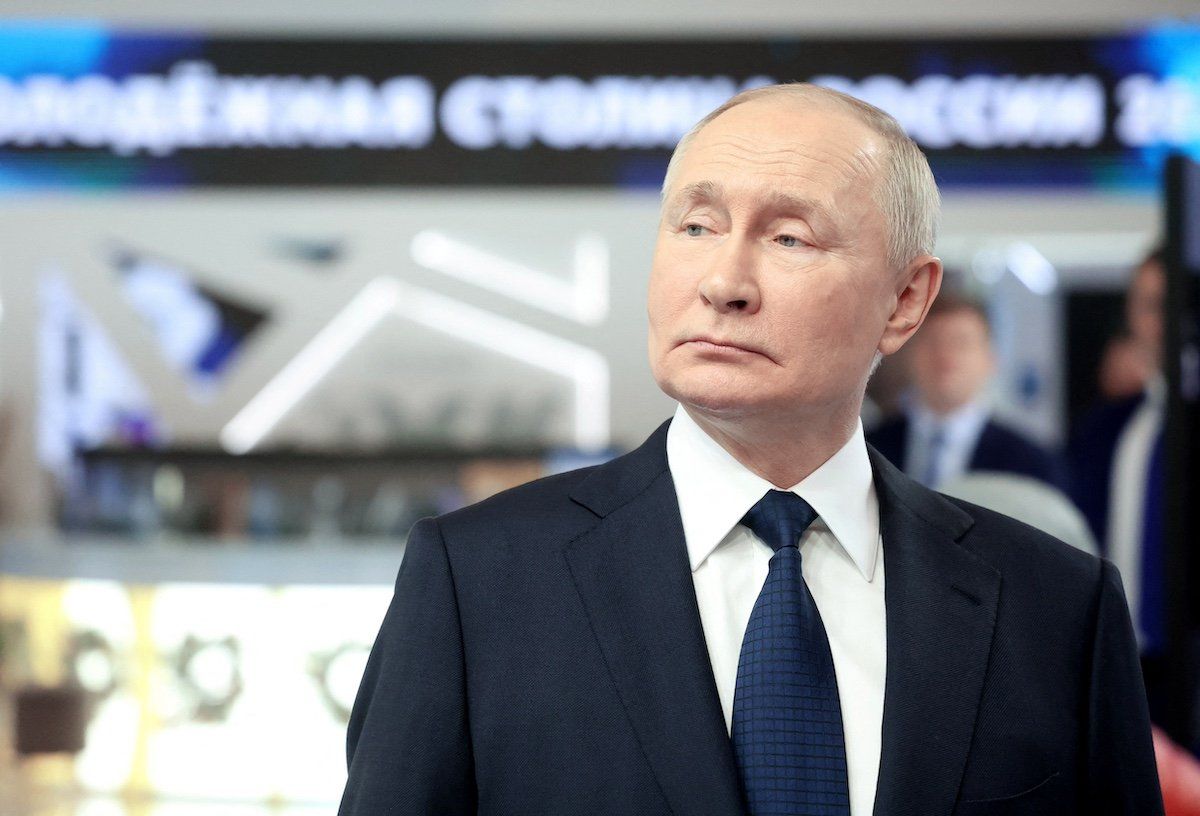“Complete nonsense.” That’s how President Vladimir Putin qualified President Joe Biden’s warning that Russia is gearing up for a military confrontation with NATO. In an interview broadcast on Rossiya television this weekend, the Russian leader offered that "Russia has no reason, no interest – no geopolitical interest, neither economic, political nor military – to fight with NATO countries … and I think Biden understands that.”
Putin was referencing remarks the US president made earlier this month in his pitch to Congressional Republicans for additional aid to assist Ukraine in its ongoing war with Russia. ‘If Putin takes Ukraine, he won’t stop there,” Biden said. Putin will attack a NATO ally, he predicted, and then “we’ll have something that we don't seek and that we don't have today: American troops fighting Russian troops.”
But Putin simultaneously made some … uh … interesting comments about Finland. The Nordic nation is set to join NATO in April, which Putin said would force Russia to “concentrate certain military units” near the northern part of the countries’ 832-mile border. And just last Thursday, Finland announced that it will sign a bilateral Defense Cooperation Agreement, or DCA, with the United States on December 17 – something that doesn't exactly endear Helsinki to Moscow.
Perhaps not coincidentally, last Thursday and Friday
300 asylum-seekers entered Finland from Russia, prompting Helsinki to close the border for a month. This comes after 900 asylum-seekers from Kenya, Morocco, Pakistan, Somalia, Syria, and Yemen crossed over in November; previously, it was less than one per day. Finland alleges this influx is a deliberate action by Moscow in response to the DCA,
a charge the Kremlin also denies.